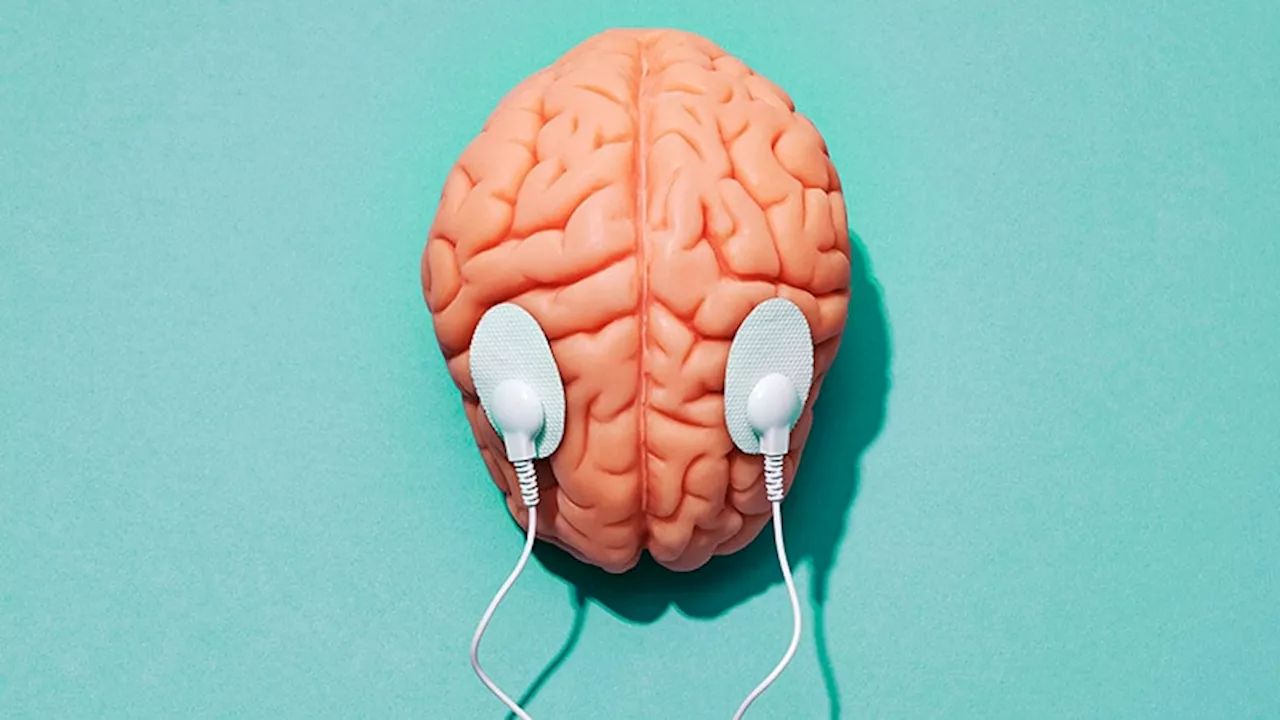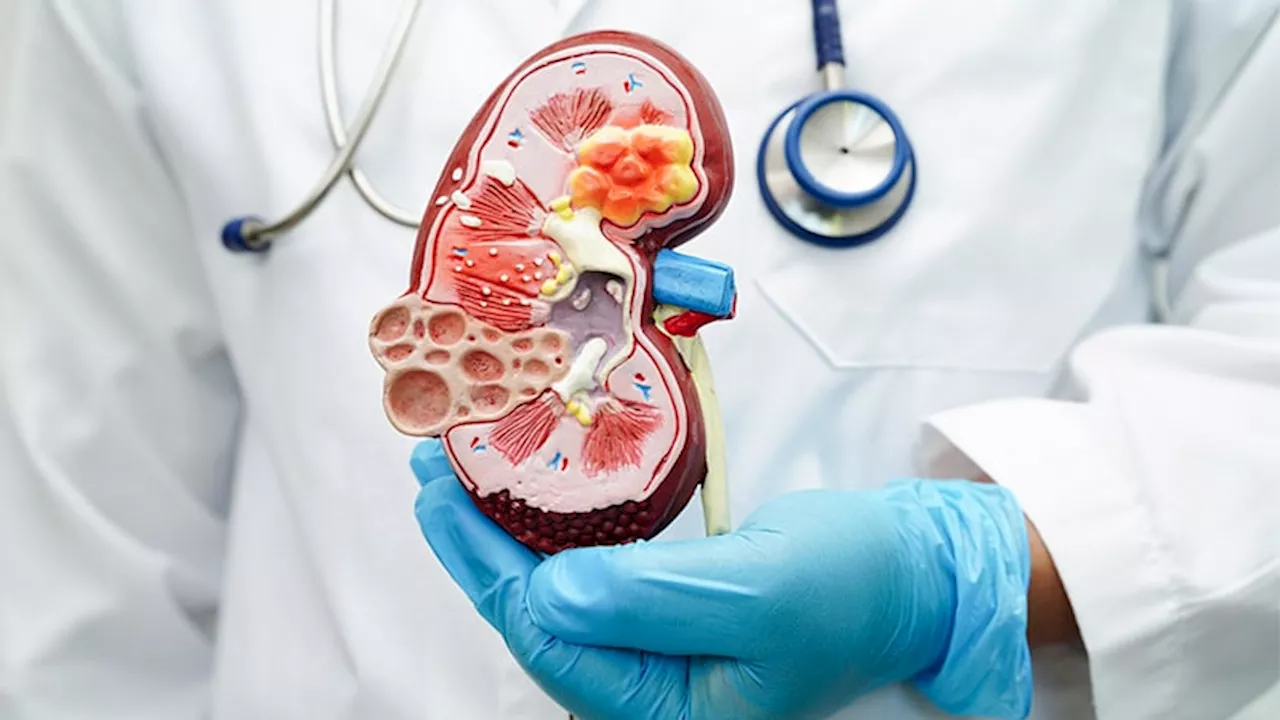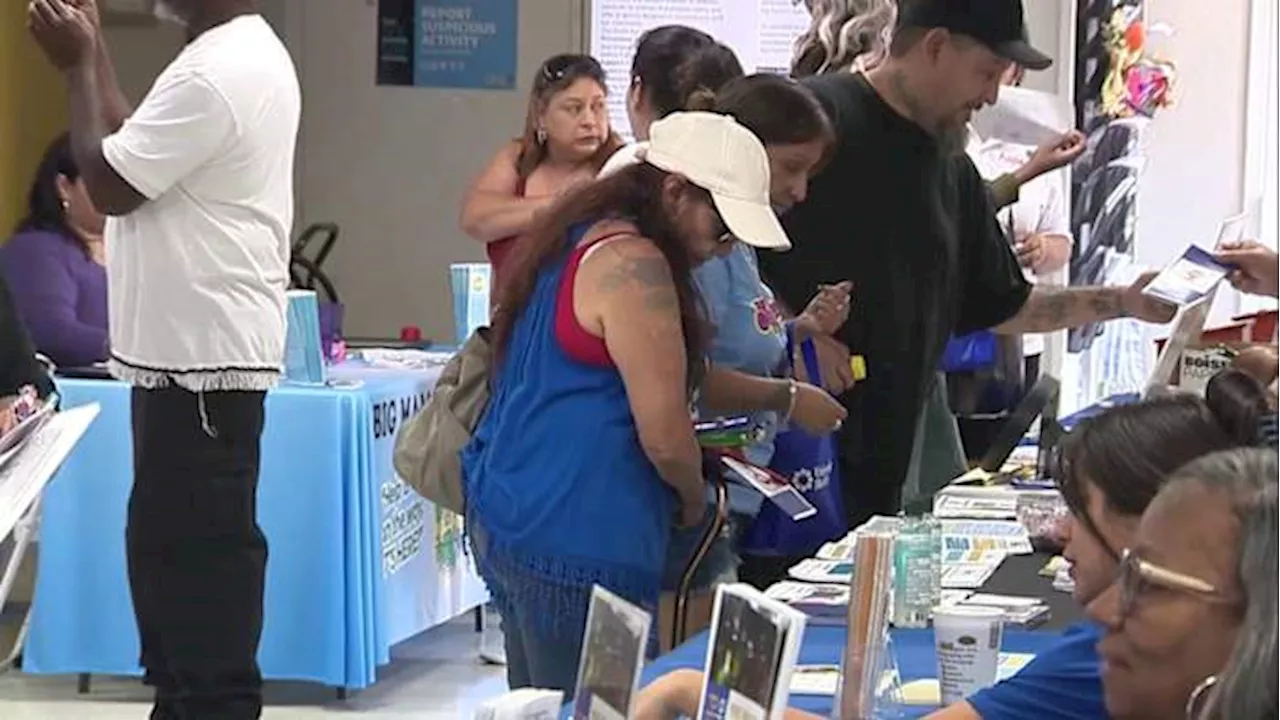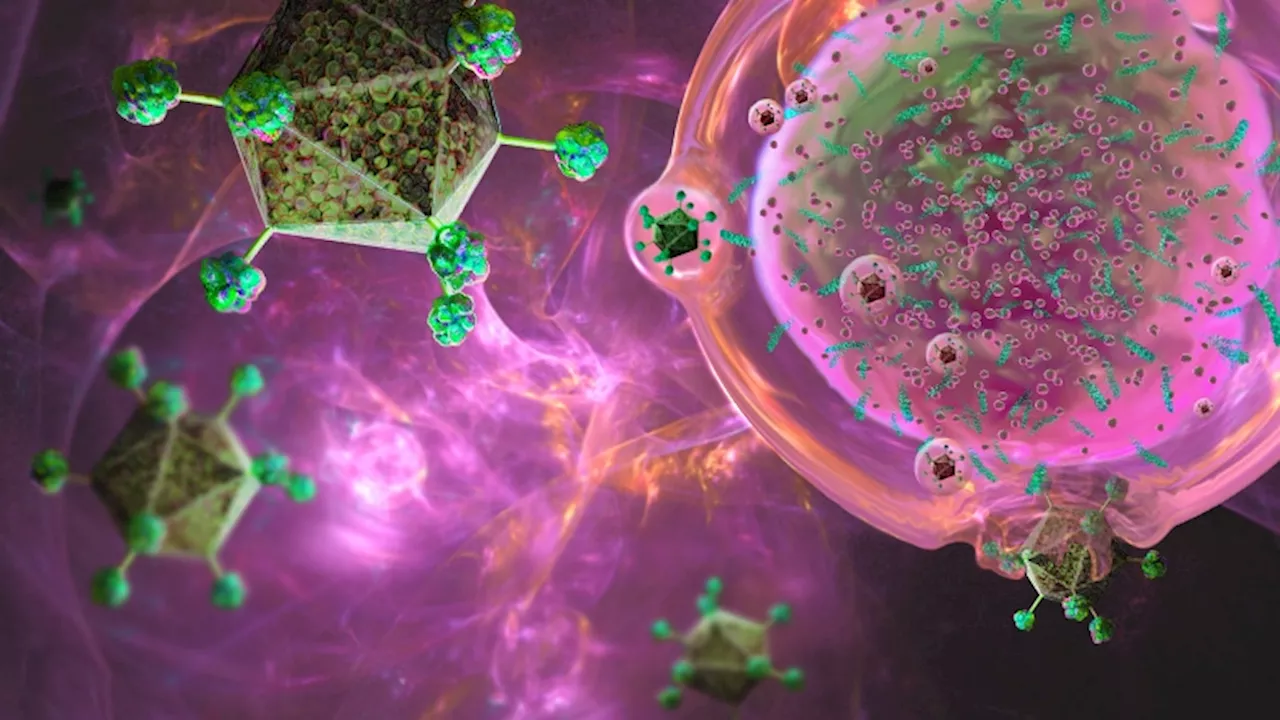Recent findings yield good news about bridging the urban-rural healthcare gap.
A growing body of research suggests that clinicians can offer chimeric antigen receptor T-cell therapy safely and effectively on an outpatient basis — a positive development as clinicians strive to expand access beyond metropolitan areas. “The future of CAR T -cell therapy lies in balancing safety with accessibility,” said Rayne Rouce, MD, a pediatric oncologist at Texas Children's Cancer Center in Houston, Texas, in an interview.
“Commercialization of CAR T-cell therapy brought hope that access would expand beyond the major academic medical centers with the highly specialized infrastructure and advanced laboratories required to manufacture and ultimately treat patients,” Rouce said.
A statistic tells the story of the urban/community divide. CAR T-cell therapy administration at academic centers after leukapheresis — the separation and collection of white blood cells — is reported to be at around 90%, while it’s only 47% in community-based practices that have to refer patients elsewhere, Linhares noted. that explored administration of lisocabtagene maraleucel in 82 patients with relapsed/refractory large B-cell lymphoma. The findings were published Sept.
Specifically, reasons for inpatient monitoring were disease characteristics including tumor burden and risk of adverse events; psychosocial factors including lack of caregiver support or transportation; COVID-19 precautions ; pre-infusion adverse events of fever and vasovagal reaction; and principal investigator decision due to limited hospital experience with CAR T-cell therapy.
Non-Hodgkin Lymphoma NHL Biologic Therapy Biologics Chimeric Antigen Receptor T-Cell Therapy Chimeric Antigen Receptors Chimeric Immunoreceptors Chimeric T-Cell Receptors Artificial T-Cell Receptors CAR T Chimaeric Antigen Receptor T-Cell Therapy Chimaeric Antigen Receptors Chimaeric Immunoreceptors Chimaeric T-Cell Receptors B-Cell Lymphoma
United States Latest News, United States Headlines
Similar News:You can also read news stories similar to this one that we have collected from other news sources.
 DIY Brain Stim Is Growing in Popularity, but Is It Safe, Effective?As at-home, DIY brain stimulation devices gain popularity for common psychiatric disorders, questions arise about their safety and efficacy in the absence of medical supervision.
DIY Brain Stim Is Growing in Popularity, but Is It Safe, Effective?As at-home, DIY brain stimulation devices gain popularity for common psychiatric disorders, questions arise about their safety and efficacy in the absence of medical supervision.
Read more »
 At-home brain stimulation for depression is safe and effective, according to researchersA device that delivers direct stimulation to the brain was found to be a safe and effective means of treating depression at home, according to a new study.
At-home brain stimulation for depression is safe and effective, according to researchersA device that delivers direct stimulation to the brain was found to be a safe and effective means of treating depression at home, according to a new study.
Read more »
 At-Home tDCS With Remote Supervision Safe, Effective for MDDAt-home tDCS with remote supervision was associated with significantly greater symptom improvement and clinical remission rates in untreated and treatment-resistant MDD.
At-Home tDCS With Remote Supervision Safe, Effective for MDDAt-home tDCS with remote supervision was associated with significantly greater symptom improvement and clinical remission rates in untreated and treatment-resistant MDD.
Read more »
 Dapagliflozin Safe and Effective in CKD Stages 4 and 5In a first renal outcome trial of its kind, the SGLT2 inhibitor showed favorable outcomes in the most advanced stages of CKD.
Dapagliflozin Safe and Effective in CKD Stages 4 and 5In a first renal outcome trial of its kind, the SGLT2 inhibitor showed favorable outcomes in the most advanced stages of CKD.
Read more »
 Big Mama’s Safe House hopes to create safe space for domestic violence survivorsRosemary Williams says you can’t go too far on the West Side of San Antonio without finding someone who would be willing to help you.
Big Mama’s Safe House hopes to create safe space for domestic violence survivorsRosemary Williams says you can’t go too far on the West Side of San Antonio without finding someone who would be willing to help you.
Read more »
 ‘CycleSafe’ device in development designed to keep riders safe if a car gets too closeChristine Stanwood is a weekend evening anchor and reporter.
‘CycleSafe’ device in development designed to keep riders safe if a car gets too closeChristine Stanwood is a weekend evening anchor and reporter.
Read more »
